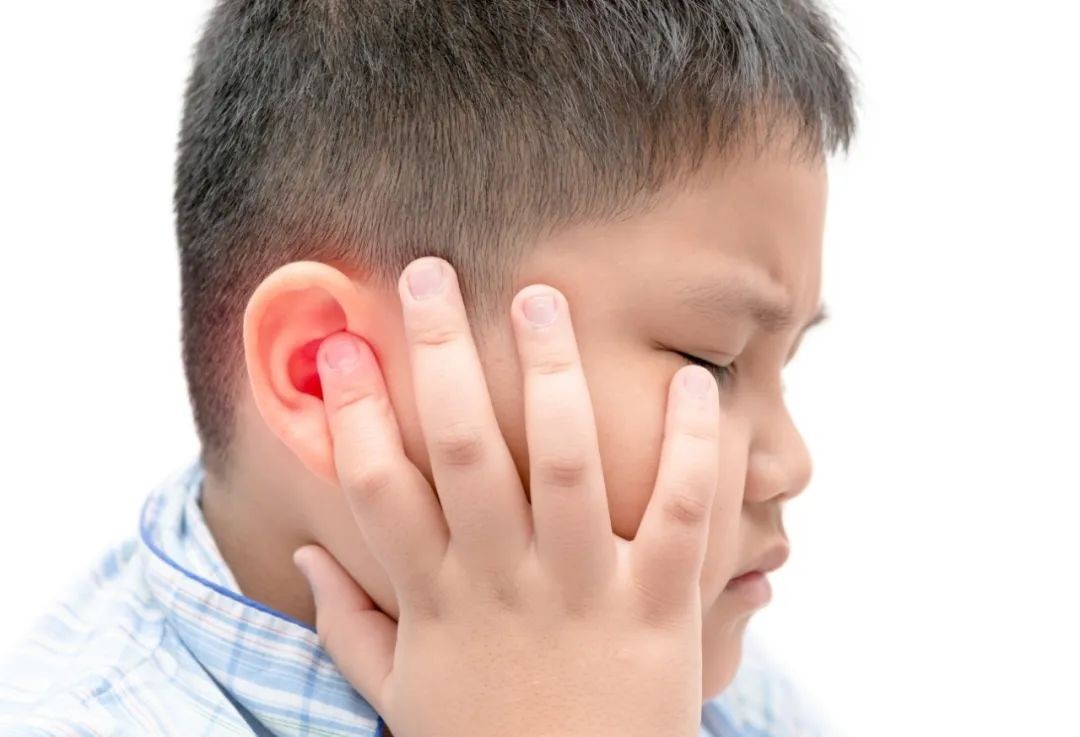Summer journeys bring adventures in nature’s beauty
Yet amidst the joy and freedom
A tiny "uninvited guest" may disrupt the peace
A small bug accidentally crawling into your ear!
How to respond to this "ambush"?
Let’s learn how to handle it today!
01 The Ear: A Bug’s "Ideal Home"
Imagine returning to a cozy nest after a long day—a place offering warmth and rest.
For small, agile insects, your ear is not just a warm refuge but a potential shelter and food source. Seeking food, escaping predators, or hunting for habitats, human ear canals become their "ideal home."
Earwax, body odors, or fragrances from perfumes/shampoos can also attract bugs.
Sometimes, confused bugs simply stumble into ears while exploring.
 02 Stay Calm—Panic Won’t Help
02 Stay Calm—Panic Won’t Help
The strange sensation of a bug in your ear can be terrifying, especially for insect-phobic individuals. But stay calm—rash actions may harm your ear.
Do NOT:
Slap your ear: Sudden pressure changes can damage the eardrum.
Dig with tools: Cotton swabs, tweezers, or fingers may push the bug deeper or injure the ear canal.
Shake your head: This may drive the bug further inward.
03 Correct Handling Methods
Tilt your head to position the affected ear downward. Gently pull the earlobe to help the bug crawl or fly out.
If unsuccessful, seek medical help immediately.
For dead or shallow bugs: A doctor can remove them directly.
For live or deep bugs:
Doctors often drown the bug with
alcohol or oil, then extract or flush it out.
Avoid alcohol if you have a history of eardrum perforation.
Field first aid (if medical care is unavailable):
Lie on your side with the affected ear facing up.
Drip
cooking oil or lubricant into the ear. Wait 10 minutes—this suffocates the bug and reduces injury risk.
Tilt your head to drain the oil and bug. If the bug remains, visit a doctor ASAP.
04 Prevention Tips
Avoid over-cleaning ears: Earwax (cerumen) repels bugs and protects against debris/water. (Learn more: "Is Cleaning a Child’s Ears a Mistake for Being Too Clean?")
Stay vigilant outdoors:
Avoid lingering in grassy/wooded areas at dusk/night.
Wear long sleeves/pants to minimize exposed skin.
Reduce attractants: Skip strong perfumes, shampoos, or soaps.
Use bug repellents: Sprays, bracelets, or creams add protection.
Sleep safely: Keep tents clean and use earplugs to block bugs during camping.
Don’t panic when bugs invade your ears
Master these methods and preventive steps
Turn this "ear adventure" into a breeze
Let your ears enjoy every moment of the trip!
